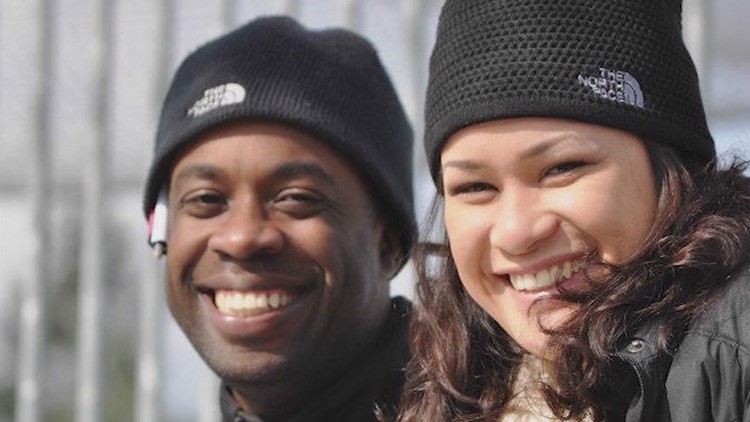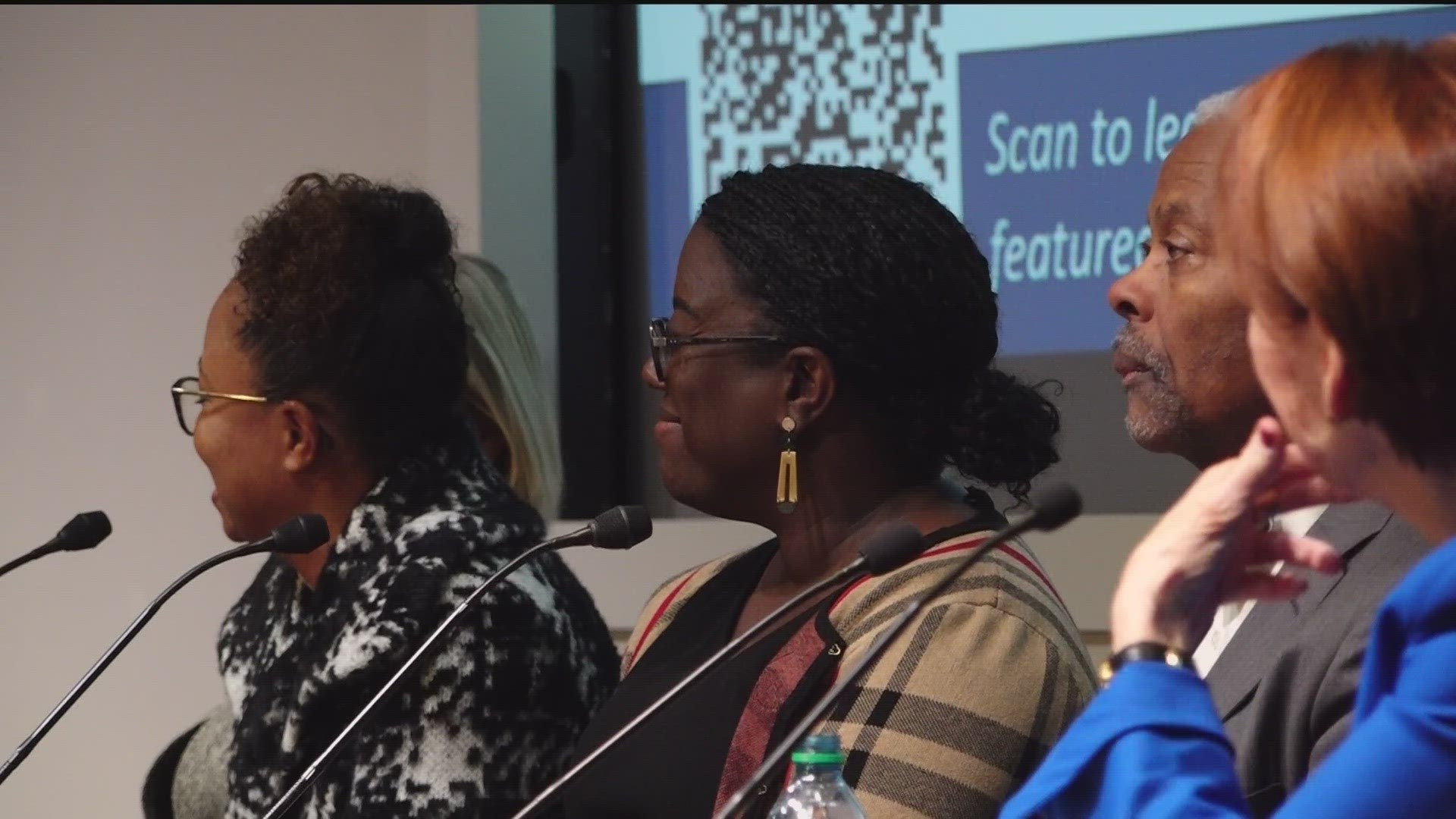Home videos of 4-year-old Victoria Daniel capture some of the moments and milestones that her mother is missing. Her father, Walter Daniel, says that is what hurts the most.
"Victoria will never know her mother. I mean she will know stories, and she will see pictures, but the fact that she will never be able to meet her mother is absolutely heartbreaking," he said.
For Walter, there are still unanswered questions about his wife, Rebekah "Moani" Li Daniel's death.
"What I do know is that a healthy 33-year-old woman goes to deliver, give birth, she is supposed to hold her baby and is supposed to raise the child she gives birth to. I know that," said Walter.
Instead, he says on the same day that he welcomed his newborn daughter, he also lost his wife.
"It was just a tragic situation that happened, and in my heart, I feel like it could have been prevented," said Walter.
Walter first met Moani in Hawaii.
"We instantly fell in love. I was new to Hawaii. I had never been there. She was born and raised on the island of Oahu," he said. "I was was already in the service when we met, and she wanted a career in the Navy, so it was a perfect fit."
The couple married in 2004, and their careers eventually brought them to Bremerton. Walter was in the Coast Guard. Moani was in the Navy where she worked as a labor and delivery nurse.
"We found out in the Summer of 2013 that she was pregnant. We had been trying for a few years," Walter said.
He says Moani made it to her doctor's appointments, and it was a smooth pregnancy up until delivery day at Naval Hospital Bremerton.
Related| Mothers Matter full coverage
"Victoria was born about 3:40 the afternoon of March 9th, and that's when my life changed after that," he said.
That's when he realized something was not right with Moani.
"Our last words together were 'I love you.' From there she went to the operating room," he said.
One of the happiest days of his life quickly became one of the most painful.
"The next thing I heard from them was that they had done all that they could do and that she had passed away," Walter said. "In my wildest dreams, I never would have imagined that I would be a newborn's father and a widow within a couple of hours."
In a statement, Captain Jeffrey Bitterman with Naval Hospital Bremerton said, "Our thoughts and prayers continue to be with the entire Daniel family. Lt. Rebekah Daniel was a beloved member of our staff. We continue to mourn her loss. The circumstances surrounding Lt. Daniel's death were thoroughly examined in a quality review process, the results of which are not releasable. In addition, there is pending litigation, and we are unable to provide any further comment."
"I am just searching for answers and transparency as to why this happened. I feel as though we are owed that," said Walter.
He says his search for answers hit a major hurdle with the Feres doctrine. It states military members cannot sue the government for medical malpractice.
"Our hope is that we can make an exception to the Feres doctrine so that if there is medical malpractice, family members are able to process a claim toward the government," he said.
That's why he is working with attorney Andrew Hoyal of the Luvera Law Firm in Seattle, petitioning the U.S. Supreme Court to hear the case. In court documents, it states that Moani was only a new mom for four hours, and claims she bled to death due to the negligent and reckless conduct of her healthcare team.
"In 2014, we shouldn't have a woman hemorrhaging to death after giving birth," said Walter. "What can we do to prevent this so that the next family member doesn't have to go through this absolute horrible tragedy."
Now he says he's a dad determined to get justice.
"The Navy lost an amazing officer and I lost my wife," he said. "She is always going to be in our hearts, but unfortunately she is not here to see her daughter being raised and grow, and that shouldn't happen to anyone else."
Walter Daniel now lives in Dublin, California where he is raising his daughter, Victoria.
Every year, 50,000 women nearly die from pregnancy-related complications in the United States, and at least 700 mothers do not survive, according to the CDC. Women of color are more at risk.



